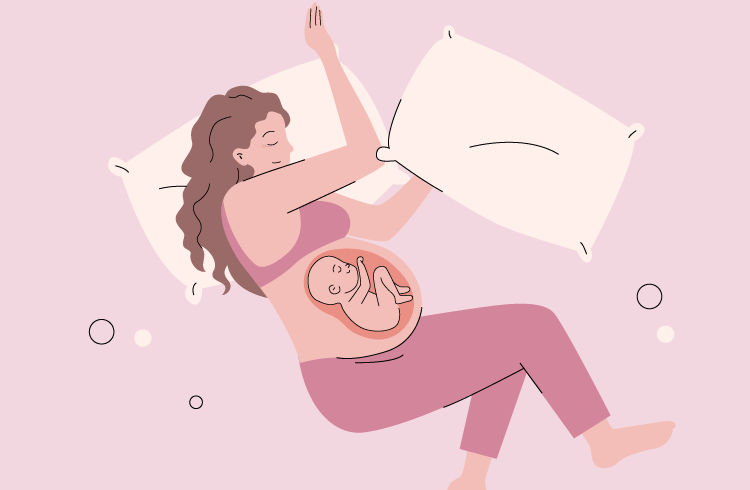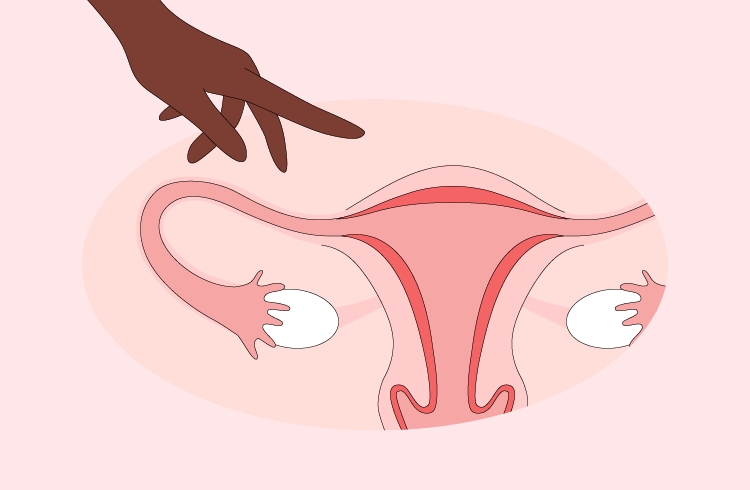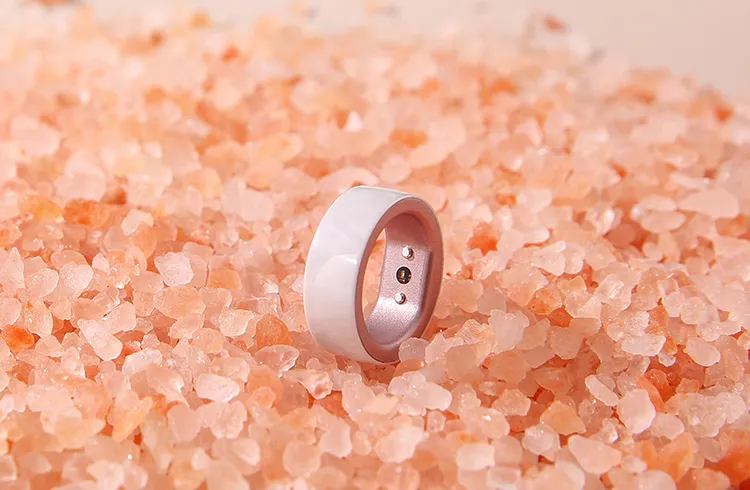Hi, I'm Rosa, I now work for Femometer, talking to our customers, researching what works and what you'd like us to improve, and helping the team design engaging content inside the app. However, when I first found Femometer, I was already 2 years into my TTC journey. Once I realized that Femometer's technology was changing the way women understood their fertility (and helping them to take control of their TTC journey with data and education) I knew I wanted to be a part of this amazing team!
"When I first found Femometer, I was already 2 years into my TTC journey"
I had been using other period tracking apps, and like most people, I had trusted that with very little data, they were able to pinpoint my fertile window to help me get pregnant. I stumbled across Femometer app while I was researching the best BBT thermometer to use (I'm sure many people find Femometer app this way!). I was amazed at how much more data Femometer allowed me to track, and I instantly saw that on inputting as much data as I could, Femometer was predicting my fertile days at a different time to when other apps were predicting. Had I really wasted 2 years timing my TTC sex incorrectly?!
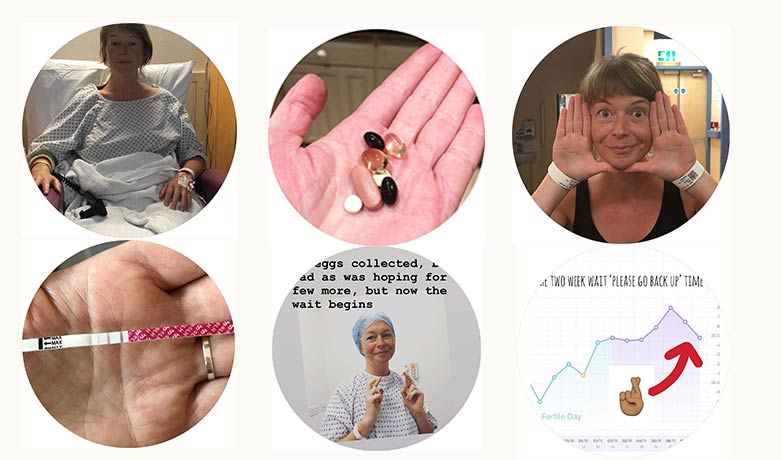
What did Femometer see that other apps missed?
I paired the Vinca BBT thermometer with Femometer OPKs to track my LH and ovulation, and by using this data, Femometer recognized that I was actually ovulating much later than the other apps had been predicting, and that I actually had a much shorter luteal phase than I should have had (this means the time between my ovulation and period was too short, and could actually prevent a successful pregnancy). Not only this, but by logging my period details and flow, and reading the courses inside the app, I was able to see that my periods were too heavy, and something wasn't quite right.
At this point, I was in love with the app and how it had taught me about my cycle and fertility. I reached out to Femometer's CEO and asked if I might be able to join the team (I have a background in writing, user design, and health technology). And I've been working for Femometer ever since - 4 years now!
Meanwhile, the knowledge Femometer had given me about my fertility had given me so much confidence. I knew, from logging and reading the courses in the app, that something wasn't right with my periods. They were far heavier than what's classed as 'normal', but I'd never thought to question them. I pushed my doctor for further investigation, which I'd never have had the confidence to do previously. I was able to export the data from my app and share it with my doctor who agreed there seemed to be an issue.
Up until this point, I'd always been told there didn't seem to be anything wrong, and that I should be able to get pregnant naturally. But on further investigation (thanks to the app and the data I had collected by logging each day), it turned out I had fibroids, polyps and stage 3 endometriosis. A very different picture to what I had previously been told.
Femometer gave me the confidence to ask for more help with my fertility.
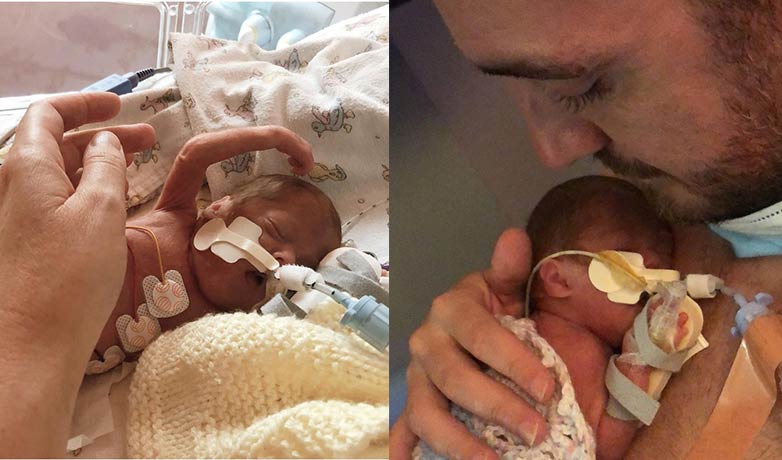
After several operations, we started treatment in January 2020. I fell pregnant after 2 IUIs and 1 round of IVF. Unfortunately, I got a severe infection and my little boy, Kit was born very prematurely at just 24 weeks. He had a very difficult start in life, and we lived in hospital for 105 days until he was big enough, and strong enough to come home.
Today Kit is 2.5 years old, is full of energy and loves running around with our dogs (his fur-brothers). I will always be so grateful to the amazing team who built Femometer for women like me, to help us understand and take control of our fertility.
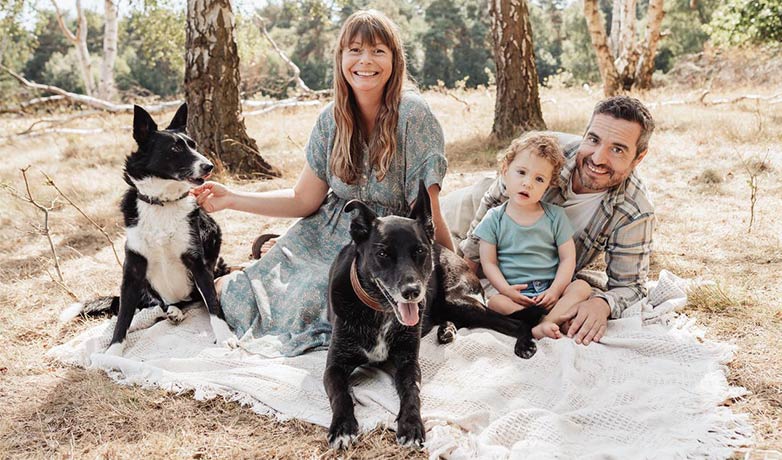
This article is the original creation of Femometer. All rights reserved by Femometer Inc. To reproduce, distribute, or reference the content, please reach out to us in advance to prevent any potential legal issues. Copyright © Femometer Inc.





